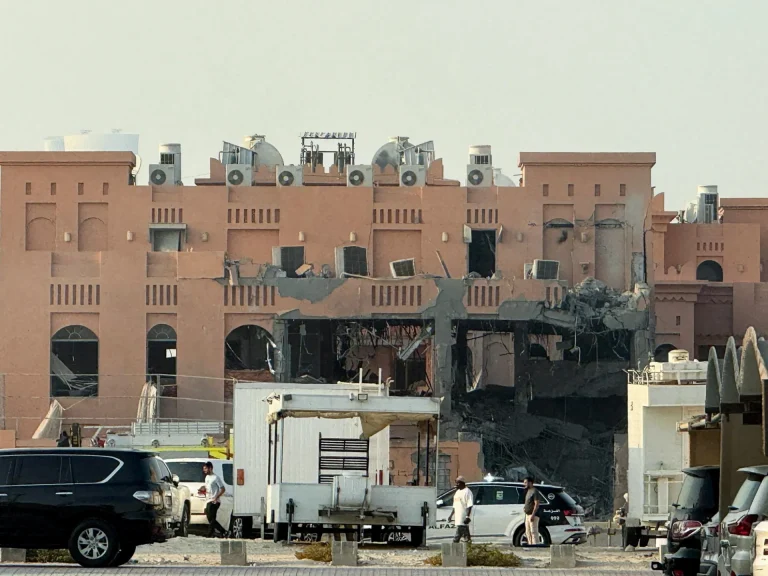Hamas Says Leaders Survived Israel’s Attack On Qatar’s Doha
Jeremy Scahill, cofounder of Drop Site News, says the attack in Doha is “yet another sign” that “neither the United States nor Israel are interested in actually having a negotiated end” to the war on Gaza.
Scahill underscored that Hamas made major concessions in accepting a ceasefire proposal last month, dropping demands for a timetable for Israeli withdrawal from the border area with Egypt and lowering the number of Palestinian captives it is requesting in exchange for Israelis held in Gaza.
The veteran journalist said Israel did not even respond to the Hamas-approved proposal, and instead pushed on with the assault on Gaza City in a plan to forcibly displace more than one million Palestinians.















